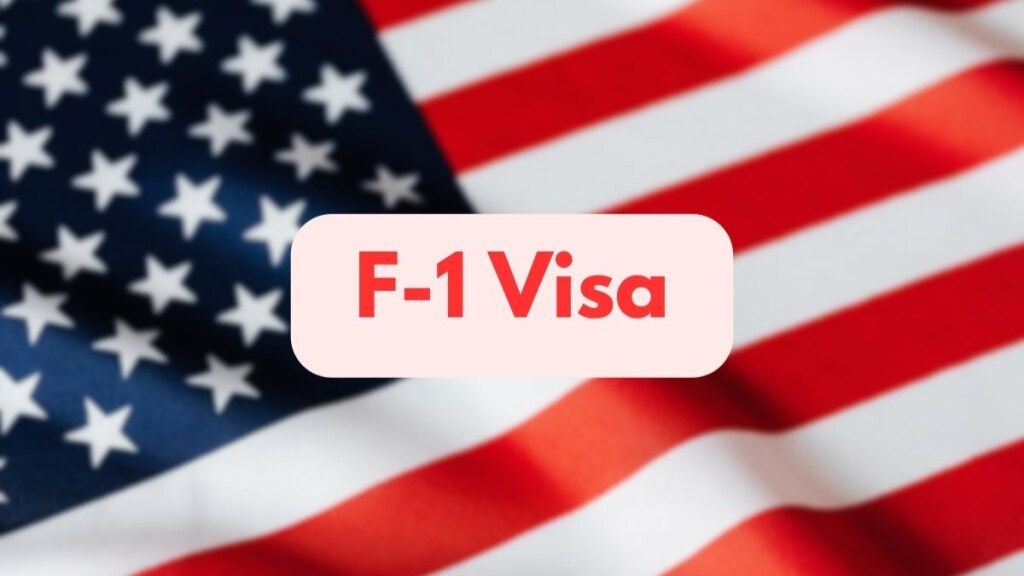F-1 visa news: A counseling graduate student recently shared their experience of being denied a US F-1 student visa under Section 214(b) despite being admitted to a top-five American university with full scholarships and housing benefits. The student who already holds a bachelor’s degree in psychology from a US institution is now debating whether to schedule a second interview after a tough first round.
Visa Rejection Raises Questions About Immigration Intent
The student recounted their conversation with the consular officer, saying that the conversation quickly turned to the five-year gap between their undergraduate graduation in 2020 and their decision to come back to the U.S. for graduate school. The officer’s questions centered around their employment history and how it related to psychology and counseling. When asked if they had worked in a psychology-related job, the student answered that they had worked in a corporate role and were currently tutoring high school students in English literature—an answer that in hindsight may have contributed to the rejection.
According to the student, their DS-160 form was not detailed enough to explain their professional journey and long-term plans, something they will correct in the second attempt.
A New Narrative: From Pandemic Delays to Purposeful Planning
For their next interview, the student is preparing a more comprehensive explanation. They will explain that the COVID-19 pandemic disrupted both educational and employment plans. During the first three years post-graduation, they prioritized financial stability while exploring roles that aligned with their psychology background. Volunteer work filled the experience gap in the absence of formal counseling roles which require a master’s degree.
In the last two years, they’ve been tutoring high school students with a specific focus on gaining practical experience working with adolescents—exactly what they will be doing as a school or clinical counselor in their home country. They will explain that English literature became their teaching subject only because there was low demand for psychology tutoring not because they shifted their academic interest.
Strong Academic Intent, Weak Perceived Ties?
The applicant will also state their intent to return home after graduation citing local licensure laws that require a master’s degree in counseling to practice. They will also mention that they were also accepted into counseling programs in their home country but chose the U.S. program because of stronger research alignment with their long-term goals.


